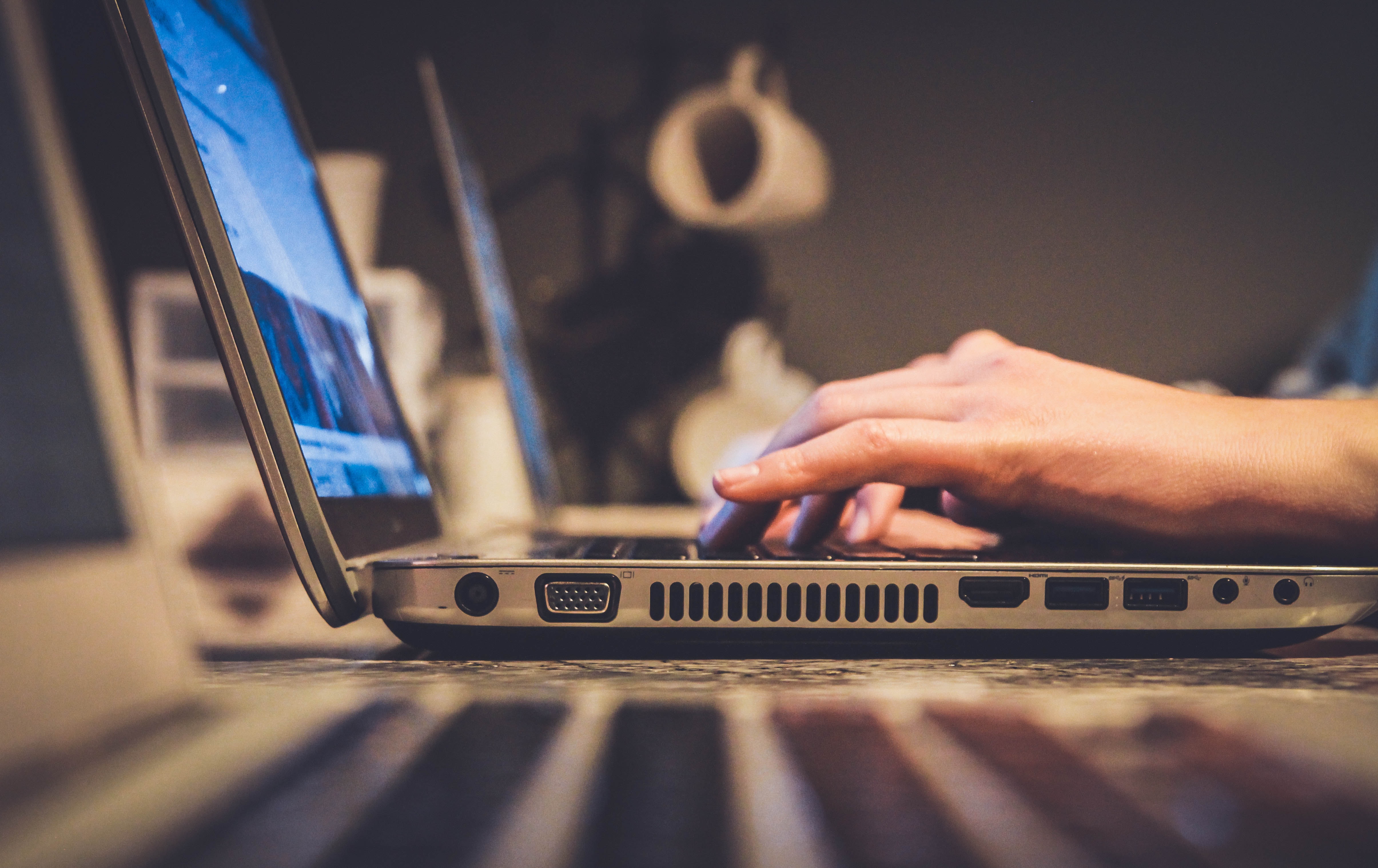Study proves: just one session with ILF Neurofeedback results in significant changes in brain connectivity!
For the first time a randomized, controlled study has shown effects of Infra Low Frequency Neurofeedback (ILF Neurofeedback for short and also known as the Othmer method), on connectivity and brain activity - and this after only a single session. The study by Dobrushina et al. entitled "Modulation of Intrinsic Brain Connectivity by Implicit Electroencephalographic Neurofeedback" thus makes an important contribution to a better understanding of the mechanisms and processes of ILF Neurofeedback. “This confirms what we see in daily practice and what patients telling us: that ILF Neurofeedback has effects even after only one session,” says Dr. Bernhard Wandernoth, Founder of BEE Medic GmbH.
Detection of a change in brain connectivity by 30 minutes ILF Neurofeedback
The human brain consists of about 100 billion nerve cells, which form extremely complex networks via so-called synaptic connections. neuronal compounds (connective) develop and change dynamically. Every functional change in the brain is accompanied by changes in the connectivity of nerve cells. Using functional magnetic resonance imaging (fMRI), Dobrushina and colleagues have now been able to show for the first time that ILF Neurofeedback modulates significant changes in brain connectivity.
Investigation on 52 probands
The 52 healthy probands completed a 30-minute ILF Neurofeedback session (electrode position: T4/P4) in a double-blind, controlled experimental design. Half of the test persons (control group) received sham Neurofeedback, in which the animations were generated randomly and were not the result of brain waves. Before and after the Neurofeedback session, the activity of neuronal networks in the brain was recorded in all subjects using functional magnetic resonance imaging (fMRI) at rest.
Special feature of ILF Neurofeedback: Implicit processing of the feedback signal modulates neuronal networks and increases connectivity
A special feature of ILF Neurofeedback is that the feedback signal is not consciously altered but implicitly processed, which is assumed to modulate neuronal networks involved in the self-regulation of the brain. A comparison of the fMRI images before and after ILF Neurofeedback shows the activation of a network of several regions in the brain, which is associated with the implicit Neurofeedback process and is formed immediately after the ILF Neurofeedback session. Some of the regions involved in the network have key functions in processes of control, visual perception and implicit learning. In addition, post Neurofeedback recordings show increased connectivity between brain regions associated with stimulus perception (salience), speech and visual networks, i.e. multi-sensory information processing and integration. This increased connectivity is only seen in the experimental group but not in the control group, suggesting that the increased connectivity is an effect of Neurofeedback.
An important milestone in the understanding of Neurofeedback
"The work of Olga Dobrushina is an important basis for further studies. The result is significant, is being appreciatively discussed by high-ranking neuroscientists and a follow-up study has already started", says Dr. Bernhard Wandernoth and continues: "Of course, I am especially pleased about the confirmation of what drives us every day, what we have been observing for years and what we get back from therapists and patients. After all, it has always been our goal to develop Neurofeedback procedures and technologies in a way that we achieve the greatest possible effects, so that patients and therapists are enthusiastic. The study now makes an important contribution to further research into the mode of action of Neurofeedback and the development of explanatory models. Above all, the study also shows the role of ILF Neurofeedback and the potential of this individual and effective Neurofeedback approach. We will continue to push the development of modern neurofeedback. Most importantly, the study also shows what role ILF Neurofeedback is playing and the potential of this individual and effective Neurofeedback approach. The fact that we can look back to 35 years of intensive cooperation between clinicians, scientists and developers and which has resulted in empirical clinical work of hundreds of thousands and more Neurofeedback sessions, have now succeeded in gaining a first impression of what Neurofeedback actually does in the brain. And this is definitely a milestone for a better understanding of Neurofeedback in general.”



